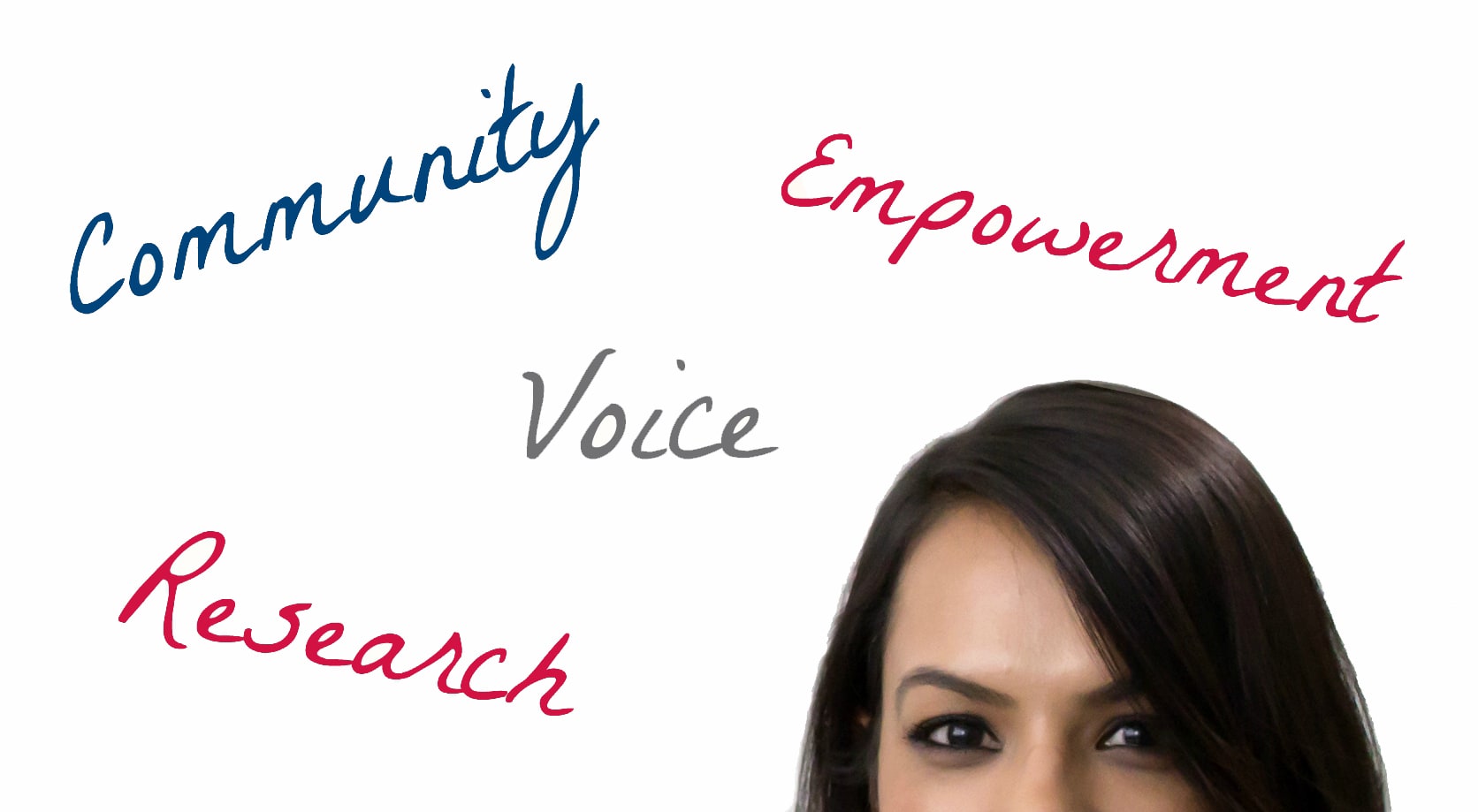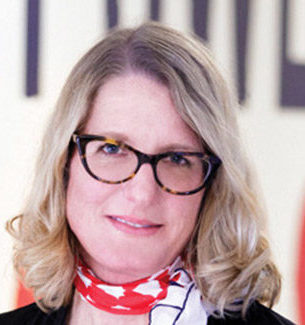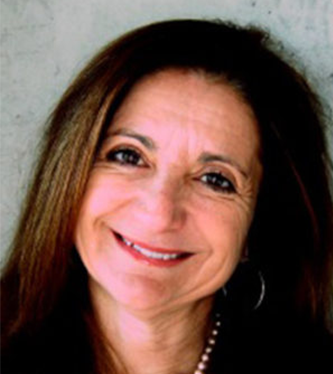Of Socrates and inequities
Women are underrepresented in philosophy. Here's how a few academic advocates are planning to change how we think.

Erica Payne found herself the lone female-identified student in a philosophy class. Jeanine Weekes Schroer noticed that most of the philosophers she was studying during her time as an undergraduate student were white men. Robyn Githui’s professors had to be diligent and cognizant about incorporating female-identified philosophers into class materials.
The experiences these women in philosophy have had are not uncommon. Several studies reveal that women make up only 20 percent to 30 percent of the profession, be they full-rank professors or studied philosophers. The statistics regarding race are even bleaker. While there is a notable lack of diversity in the discipline, these women, along with two Metropolitan State University of Denver professors in the Department of Philosophy, Carol Quinn and Liz Goodnick, are paving the way to change that.
Female-identified philosophers, philosophers of color and community members of all genders and backgrounds will come together at the Third Annual Undergraduate Women’s Philosophy Conference at Metropolitan State University of Denver on April 13 and 14 to support the diversification of the field of philosophy.
Quinn, professor of philosophy, and Goodnick, assistant professor of philosophy, are hosting the Third Annual Undergraduate Women’s Philosophy Conference at MSU Denver on April 13 and 14. The Conference originated from a need to create a space for female-identified philosophers and their allies to share ideas, converse, network and build community.
“The conference is meant to amplify the voices of women doing philosophical work and provide support to a network of women philosophers across the country and within our local community,” Goodnick said.

Nine undergraduate students, including Payne and Githui, will present papers at the conference, and Schroer, an associate professor at the University of Minnesota Duluth, is the keynote speaker.
Payne, a junior at MSU Denver double-majoring in psychology and philosophy, will present her paper “Death Is Fine.” She’s a bit nervous, having never presented a paper at a conference, but she knows it’s important to be a role model for other women thinking of pursuing philosophy.
“Showing up, doing my best and being confident – modeling the confidence and ability to pursue philosophy – is important to show other women that they can do it too,” she said.
Knowing she’s contributing to change the climate of philosophy and that she’ll be surrounded by people with the same goal helps calm her nerves.
Githui shares Payne’s sentiments on the conference.
“It’s important that people see the contributions that women are making in philosophy and the impact that they’re having on philosophy, the world and academia,” she said.
Githui, majoring in political science and minoring in philosophy, attends the Women’s College at Notre Dame of Maryland University. She will present the student keynote address — an honor reserved for the author of the best paper. The women-only environment in which Githui has been educated has given her something of an unusual experience in that she has not felt degraded, demeaned, invalidated or in other ways set aside by male philosophy professors or students. Many female students and professional philosophers have faced such obstacles. Spend a few minutes on the blog “What Is It Like to Be a Woman in Philosophy?” and you’ll begin to understand. In Githui’s view, the conference is important to ensure that the work and ideas of women in philosophy are being showcased and validated.

These two young philosophers have been set up by their professors and professional community for success in the field and with a support network for instances of discrimination, sexual harassment or assault. Schroer, who is black, recognizes the need to bolster these support networks. Without events such as the conference to build awareness and diversity, the field could stagnate.
“There is some cognitive evidence that suggests that the absence of representation blocks cognizing philosophy as a route for women, people of color and others,” Schroer said. “I tend to be worried about this sort of data, but there are other reasons to ‘diversify the canon.’ Intellectually, it is worthwhile to put these folks in conversation with slightly different, historically silenced populations.”
In the past, the conference has been well-attended by women, but Quinn and Goodnick wanted more people of color so they made an effort to advertise the conference and call for papers to historically black schools, Hispanic-Serving Institutions and departments such as African American Studies, Chicano/a Studies and Native American Studies.
The conference is not just for women or philosophers. Anyone who wants to support the diversification of the field, listen to undergraduate philosophy students’ research and/or engage in conversation is encouraged to attend. Presentation topics are accessible and include death, democracy, ancient philosophy and, of course, feminism.
Payne will focus her discussion on the way people generally see death as bad. Githui will present her paper “Audism: The Invalidation of Testimony and Deaf Epistemology” which discusses the way deaf people acquire knowledge in a world that is auditory-heavy. And Schroer’s keynote address, “Access Denied: Sex, Booze and Title IX” will address her concerns about sexual assault, especially on campuses. She’ll focus on how and why universities need to function differently from the law on these issues. Registration information and agenda can be found on the conference’s webpage.







